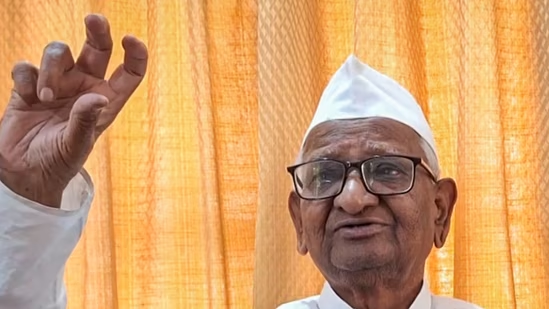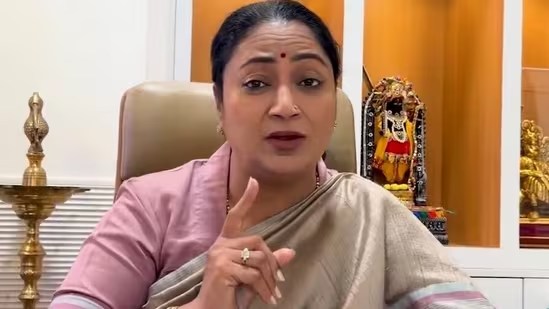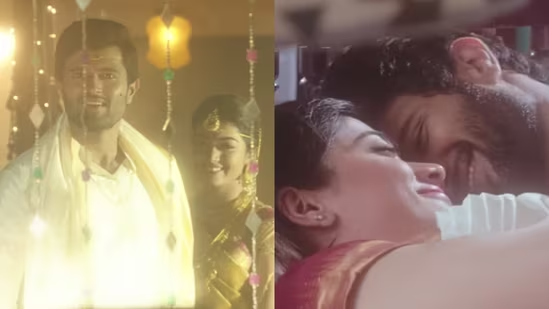The Supreme Court said a divorced Muslim woman can file a claim for maintenance under Section 125 of the Criminal Procedure Code (CrPC) against her former husband
A divorced Muslim woman can now seek alimony from her husband by filing a claim for maintenance under Section 125 of the Criminal Procedure Code (CrPC), the Supreme Court of India ruled on Wednesday.
A bench of Justices BV Nagarathna and Augustine George Masih, which pronounced a separate but concurrent verdict, said section 125 of the erstwhile CrPC which deals with wife’s legal right to maintenance, covers Muslim women.
“We are hereby dismissing the criminal appeal with the major conclusion that Section 125 CrPC would be applicable to all women and not just married women,” Justice Nagarathna said, pronouncing the verdict.
The apex court pronounced the verdict, dismissing the petition of a Muslim man, Mohd Abdul Samad, who has challenged the order of the Telangana High Court refusing to interfere with the maintenance order of a family court.
The family court order had directed the petitioner to pay interim maintenance of Rs 20,000 per month. The man then challenged before the High Court on the grounds that the couple had gotten divorced as per Muslim personal law in 2017.
The HC modified the maintenance to Rs 10,000 per month and directed the family court to dispose of the case within six months.
In his plea before the Supreme Court, the man challenged a direction to pay interim maintenance to his divorced wife under Section 125 CrPC. The top court held that the Muslim Women (Protection of Rights on Divorce) Act 1986 will not prevail over the secular law.
The counsel appearing for the man said that in view of the Muslim Women (Protection of Rights on Divorce) Act, 1986, a divorced Muslim woman is not entitled to claim benefit under Section 125 CrPC.
‘Not charity but right of women’
The bench said maintenance is not charity but the right of married women and it is applicable to all married women irrespective of their religion.
“Some husbands are not conscious of the fact that the wife, who is a homemaker, is dependent on them emotionally and in other ways. The time has come when the Indian man must recognise a homemaker’s role and sacrifice,” Justice Nagarathna further said.
The SC also specified that if during the pendency of application under Section 125 CrPC, the concerned Muslim woman gets divorced, then she can take recourse to Muslim Women (Protection of Rights on Marriage) Act, 2019 which provides remedy in addition to the remedy under Section 125 CrPC.
In a landmark judgment in the Shah Bano Case, the apex court had held that Section 125 CrPC is a secular provision applicable to Muslim women too.
The same was, however, nullified by the Muslim Women (Protection of Rights on Divorce) Act, 1986 and the validity of the law was upheld in 2001.
































